Effective waste management and recycling services are vital for maintaining a clean, safe, and sustainable environment. Whether for homes, offices, or large industrial facilities, professional waste management ensures that all waste materials are collected, processed, and recycled responsibly — minimizing environmental impact and promoting long-term sustainability across Canada.
We provide reliable waste collection, recycling, and disposal solutions for residential, commercial, and industrial clients. Our goal is to help Canadian communities reduce landfill waste and move toward a greener future.
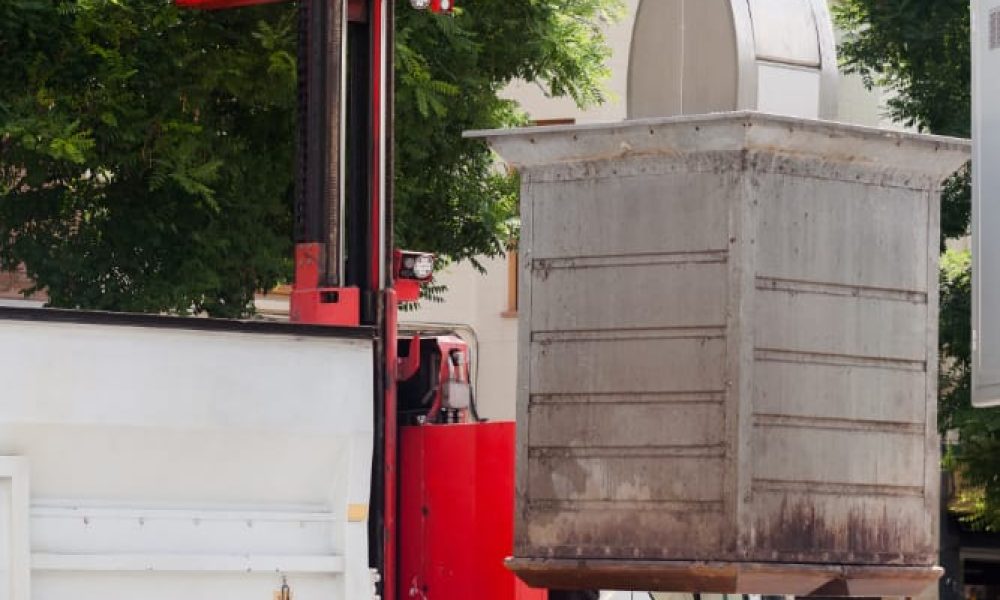
Our waste collection services are designed to ensure efficient and timely removal of all types of waste from residential, commercial, and industrial areas.
We use specialized vehicles and containers to collect and transport different waste streams safely.
We categorize waste into:
General Waste – Everyday household and office garbage.
Recyclables – Paper, glass, plastic, and metals.
Organic Waste – Food and yard waste.
Hazardous Waste – Batteries, chemicals, and medical materials.
This systematic collection process ensures that waste is properly managed and sent for recycling or safe disposal.
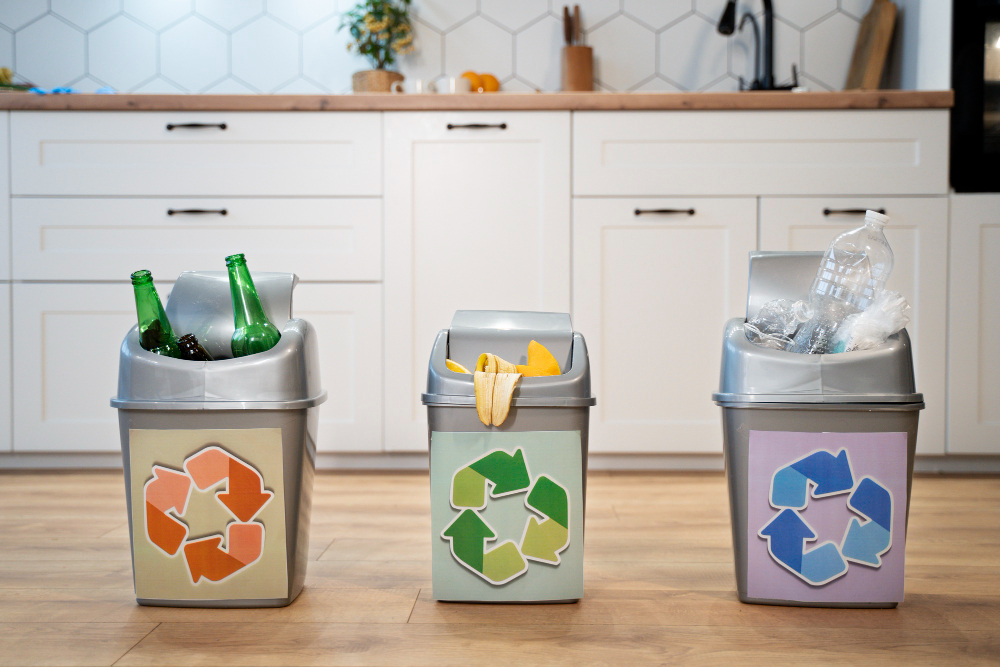
Once waste is collected, it goes through segregation and sorting to separate recyclable and non-recyclable materials.
Our team uses advanced sorting methods to identify and recover valuable materials like paper, cardboard, aluminum, and glass.
This step helps reduce contamination and increases the efficiency of recycling operations.
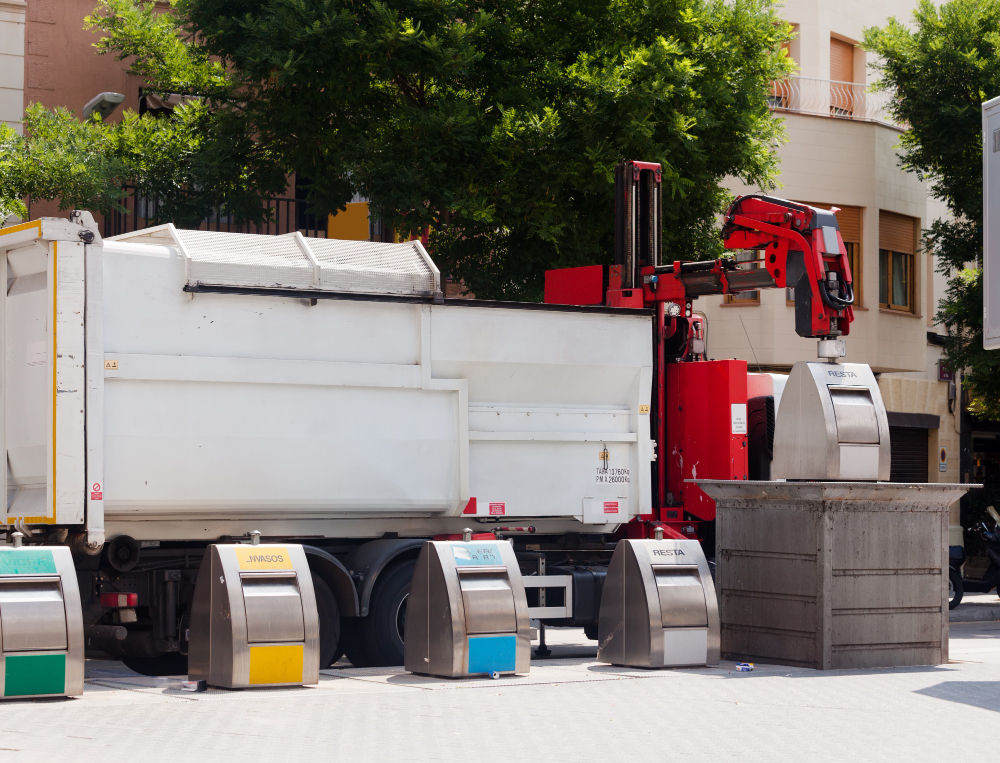
Recycling is at the heart of sustainable waste management. By reprocessing materials, we help reduce the need for new raw materials, conserve energy, and lower greenhouse gas emissions.
Our recycling services include:
Curbside Recycling – Convenient pickup from homes and offices.
Drop-Off Centers – Easily accessible locations for recyclables.
Commercial Recycling Programs – Tailored recycling plans for offices, restaurants, and industrial facilities.
Through our recycling initiatives, we contribute to a cleaner, more resource-efficient Canada.

Organic waste management is another key aspect of our services.
We offer composting solutions that turn food scraps, garden waste, and other organic materials into nutrient-rich compost.
This eco-friendly approach supports sustainable agriculture, landscaping, and reduces the burden on landfills.
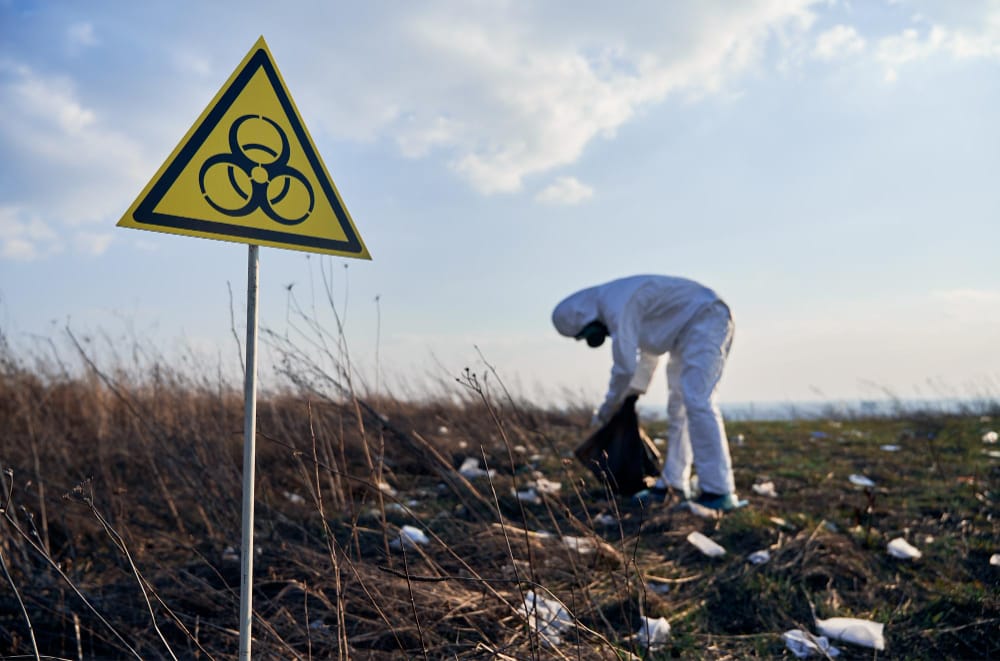
Hazardous waste requires special care and compliance with strict Canadian environmental regulations.
We handle and dispose of chemical waste, batteries, electronics, and medical materials safely, preventing any risk to human health or the environment.
Our trained professionals ensure proper labeling, transport, and disposal of hazardous waste according to federal and provincial standards.
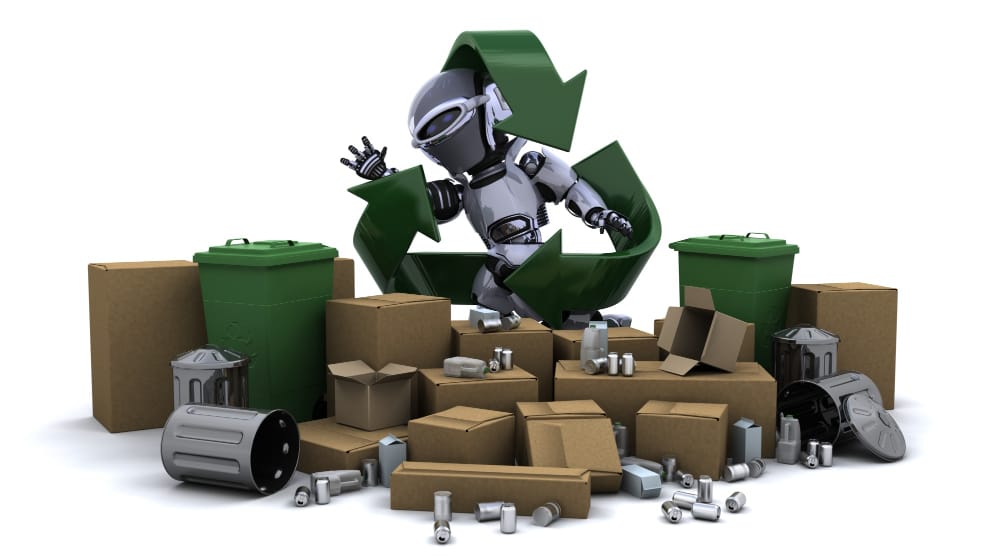
Electronic waste, such as old computers, cell phones, and other electronic devices, contains valuable components that can be reused.
Our E-Waste Recycling Program recovers metals and plastics while ensuring harmful substances like lead and mercury are disposed of responsibly.
This service helps reduce electronic pollution and promotes responsible technology recycling across Canada.
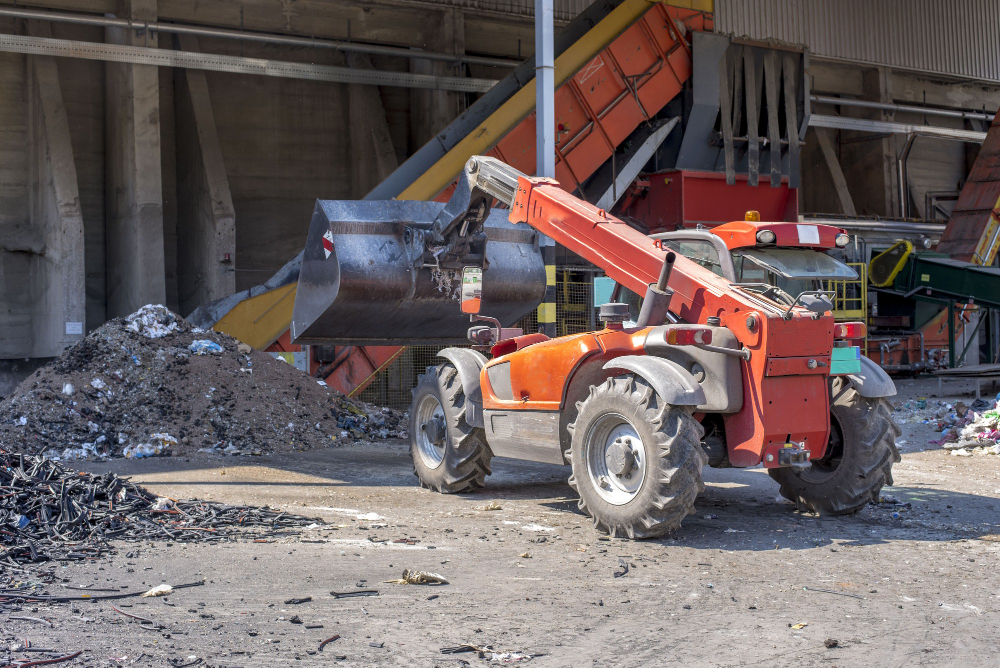
We support sustainable energy solutions through waste-to-energy conversion.
Using advanced technologies like incineration and anaerobic digestion, we convert non-recyclable waste into usable energy — helping reduce landfill dependency while contributing to renewable energy generation.
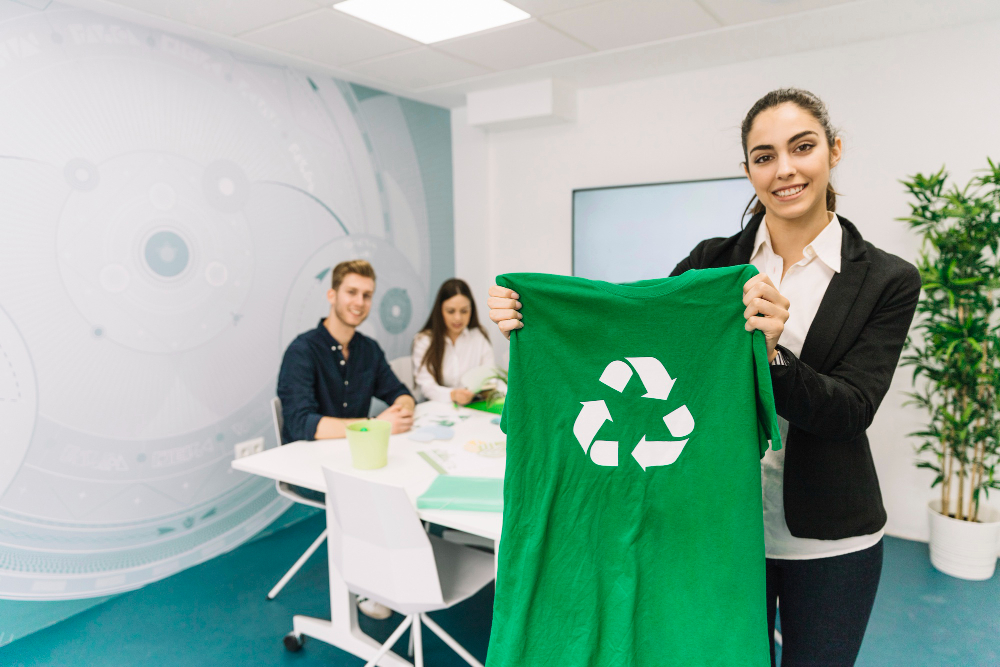
Community awareness is vital for effective waste reduction.
We actively promote public education programs, helping individuals and organizations understand the importance of proper waste disposal and recycling.
Our workshops and outreach efforts encourage Canadians to adopt eco-friendly habits and make responsible choices.
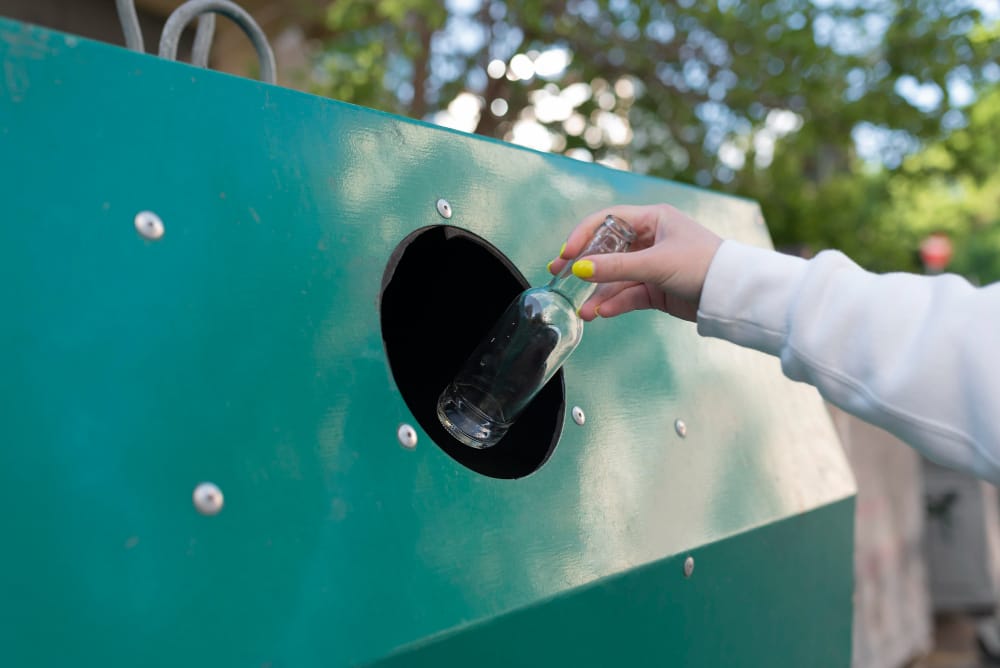
We offer detailed waste audits to assess the types and volumes of waste generated by businesses or facilities.
These audits provide actionable insights to improve recycling rates, minimize waste, and reduce operational costs.
Our reports help organizations achieve environmental compliance and sustainability goals.

We advocate for sustainable waste management practices that go beyond collection and recycling.
We encourage clients to:
Reduce unnecessary packaging.
Reuse products and containers.
Choose recyclable materials.
Implement waste reduction strategies in daily operations.
By adopting these simple steps, businesses and individuals can make a meaningful difference in Canada’s environmental future.
Certified and experienced waste management professionals.
Eco-friendly recycling and disposal solutions.
Fully compliant with Canadian environmental regulations.
Tailored services for homes, offices, and industrial facilities.
Transparent and cost-effective waste management plans.
Waste management and recycling services are the foundation of a sustainable and eco-friendly society.
We are committed to supporting Canadian communities, businesses, and industries in achieving zero-waste goals through responsible waste disposal and resource conservation.
Together, we can make Canada cleaner, greener, and more sustainable for generations to come.